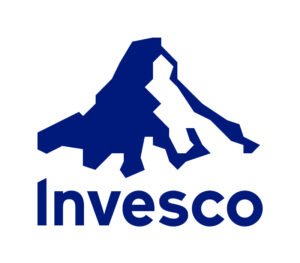JOIM Conference Series
The JOIM Conference Series extends the mandate of the Journal Of Investment Management bridging the theory and practice of investment management. Conferences showcase high quality presentations and a platform for interactive discussions of current topics in the investment management arena. Conference consists of a dinner keynote speaker and two days of presentations and discussions with experts in the field.
JOIM Conference – AI in Finance II
April 21 – 23, 2025
Santa Clara University
This conference will focus on the latest developments in AI in finance. More generally, talks will also cover important issues currently under debate in the AI ecosystem that are relevant for investment management. Topics such as the role of closed and open AI, responsible AI, and the future of the workplace will be discussed.
Risk Managers, Portfolio Managers, Pension Managers, Plan Sponsors, Endowments, Senior Executives of Financial Firms and Academics would all benefit from attending.
A very special thanks to the Advisory Council:



